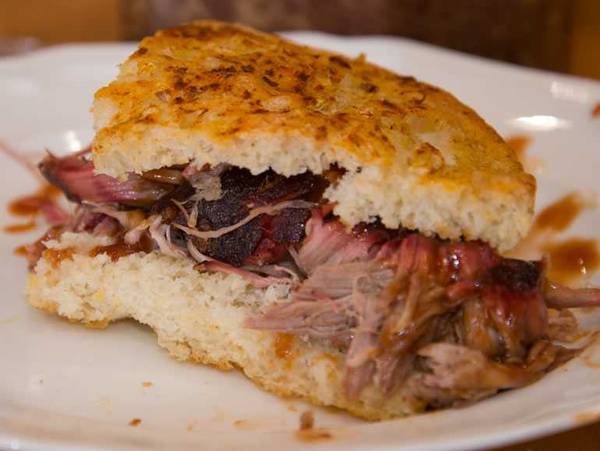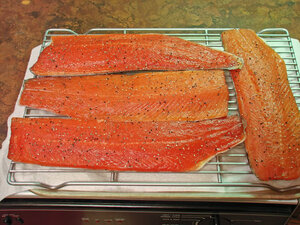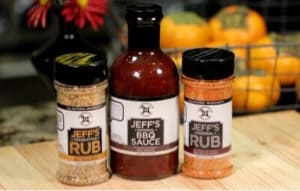So I smoked my ribs for 6 hours, got a great smoke ring, no pellicle formed, I fixed the issue and it won't happen again.
My question is this-
Can a pellicle form @ 250° in a standard oven?
(I know I can get it to form if I throw it back on the grill, but I was hoping to just do this the easy way as the weather doesn't permit at the moment.)
Or does this only occur on my grill when I'm smoking?
EDIT: I DO mean PELLICLE. my bark (flavor crust + pellicle) is an additional. The flavor crust will form no question. But the pellicle is a complex series of chemical reactions that make a polymerized meat encasement layer. This is my question. Will the maillard reaction take place in an oven NOT a smoker.
My question is this-
Can a pellicle form @ 250° in a standard oven?
(I know I can get it to form if I throw it back on the grill, but I was hoping to just do this the easy way as the weather doesn't permit at the moment.)
Or does this only occur on my grill when I'm smoking?
EDIT: I DO mean PELLICLE. my bark (flavor crust + pellicle) is an additional. The flavor crust will form no question. But the pellicle is a complex series of chemical reactions that make a polymerized meat encasement layer. This is my question. Will the maillard reaction take place in an oven NOT a smoker.
Last edited:








